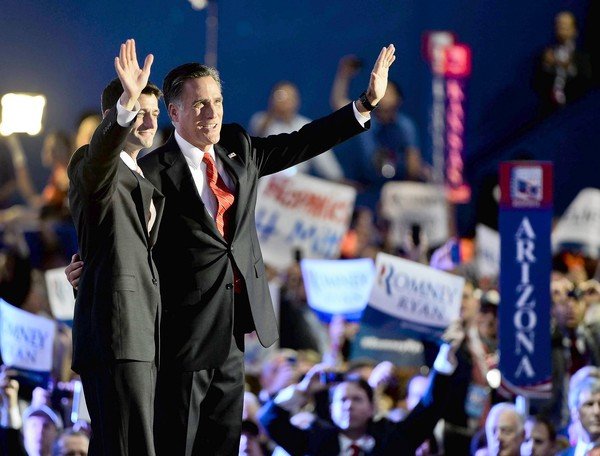
The Return of the Neo-Cons: Why a Romney presidency would be bad for America
This week we were given a first glance at what a Romney presidency might mean for the rest of the world when he and his allies began to spell out what a Romney foreign policy would consist of at the Republican National Convention. The decision to focus upon attacking Obama’s foreign policy record was perhaps unwise given that this is one area in which Obama enjoys relatively broad support and in which Romney has little experience — and given his recent debacles on the international stage, even less credibility. While Obama has not fully lived up to the hopes the international community had for him (demonstrating the folly of awarding peace prizes in advance), he at least still commands the …
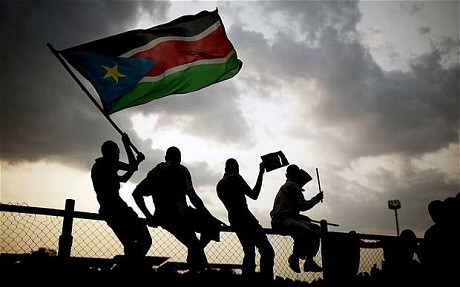
The Two Sudans, One Year On.
Following decades of internal civil strife, on July 11, 2011, the African nation of Sudan separated into two de jure sovereign states as the South finally gained its long-awaited independence. Yet those with any sort of intimate knowledge of Sudan will have viewed the scenes of jubilation across the South and the calm acceptance displayed by the North on the day of separation with caution. Although South Sudan’s moral claims to independence were never in doubt, its possibility of a peaceful future appeared, if anything, less certain following its separation from the North. A year on, it is a prescient time to reflect on how Africa’s most recently divorced couple are faring on their separate paths. For South Sudan, like …

Discontent in Paradise: Protests in Hong Kong
This weekend, Hong Kong, the newly declared “best city in the world”, celebrated the 15th anniversary of its return to China, and swore in its new leader, Beijing-backed Leung Chun-ying, the third Hong Kong Premier since its re-joining of the mainland. However, events that took place on Saturday and Sunday have indicated that the public mood within Hong Kong is far from universally jubilant. While the official media has been full to the brim of Chinese nationalism-oriented elation, on the Saturday evening many residents of Hong Kong displayed their increasing anger with the actions and dictates of the parent state by protesting outside of the Convention centre where Hu Jintao was due to inaugurate Leung. Protests continued throughout the Saturday …

The Caucasus: A case of mistaken identity?
What matters more: who you think you are or who others think you are? Addressing a major gap in IR scholarship, the importance of identity in influencing state behaviour was first elucidated by writers within the Constructivist school of thought, most notable among whom was Alexander Wendt. In his seminal article “Anarchy is what states make of it”, Wendt draws attention to the significance of identity by employing the metaphor of “the looking-glass self”, arguing that states form identities of themselves through their interactions with other states: that “the self is a reflection of an actor’s socialization”(Wendt 1992:404). Such a theory seems to predict that a state’s identity and how others perceive it should bear correlation. How, then, do we …
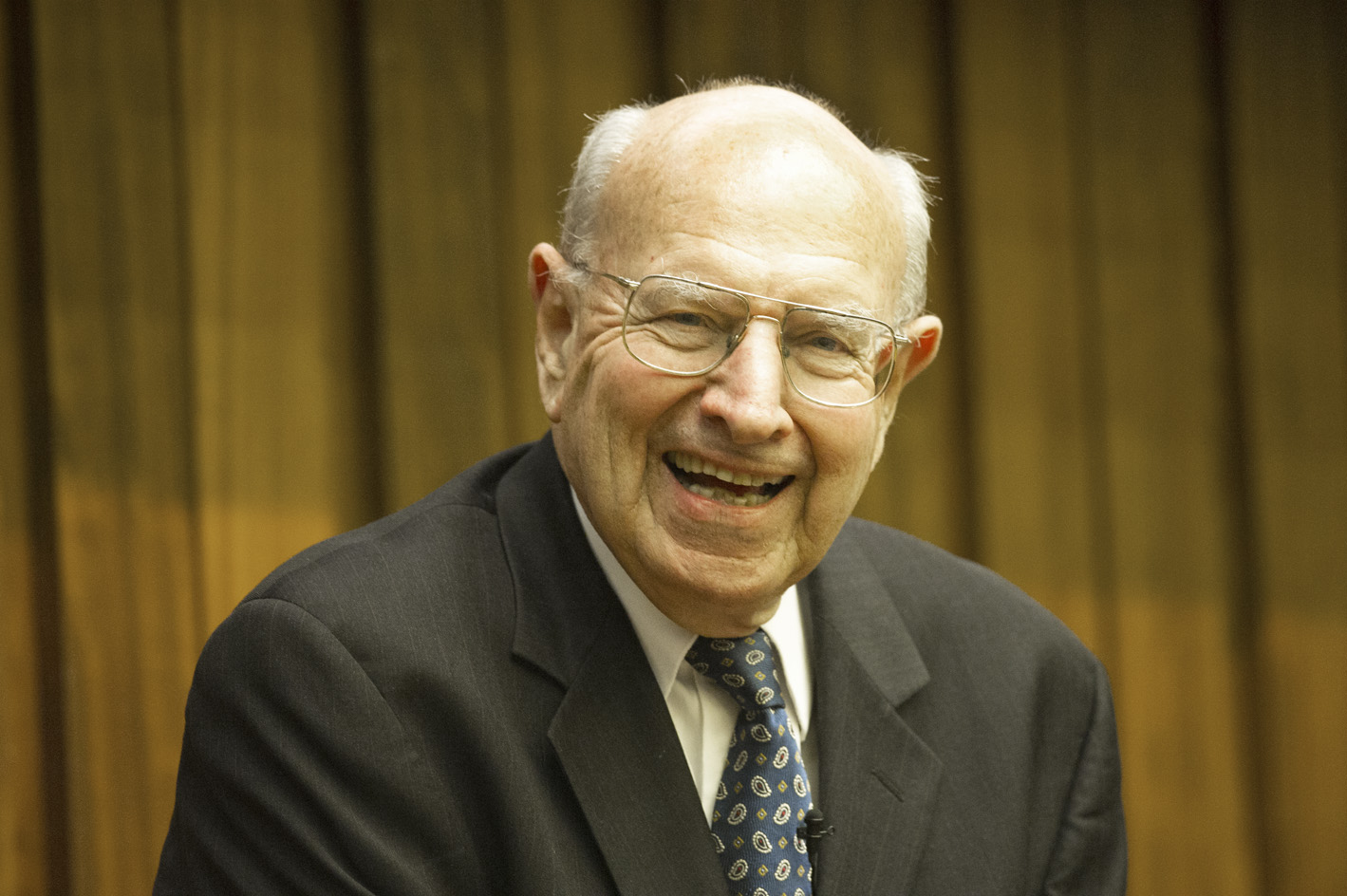
Ambassador Thomas Pickering on “the decade ahead: The US role in the world”
Last week the University of Oxford was fortunate enough to host Ambassador Thomas Pickering who gave the 2012 Fulbright Lecture on the topic of “The Decade Ahead: The US Role in the World”. It would have been difficult to find an individual more qualified for such a task, given the Ambassador’s highly successful four decade long career in the foreign service and considering that he is a man whose (deceptively, given his mental acuity) long life has been spent both in the study of international affairs and in the pursuit of the US’s interests and values within the world. His message comes at a poignant time, given the current academic fervour over the perceived decline of the US in the …
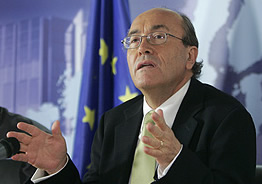
Towards a Two Speed Europe: Is the Inevitable Preferable?
Last week the Centre for International Studies held an excellent discussion panel (shortly to be made into a podcast) with Jean-Claude Piris (author and former Director General of the Legal Service of the Council Secretariat), discussing his new book, Towards a Two Speed Europe. Jean-Claude Piris, who has worked for many years in the highest echelons of European law-making and treaty formulation, is far more qualified than your blogger to evaluate the various implications of a formalisation of the currently observable divergence in paths of the European centre and its periphery. I shall not, therefore, attempt to evaluate his arguments from the point either of a lawyer or a European policymaker. I’m neither. Rather, I write merely as a citizen of …
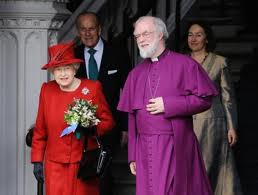
God and politics in the news: even the Queen is speaking out, but the state should tread carefully
This week a British Cabinet minister gave a speech in the Vatican decrying the spectre of militant secularism stalking the nations of Europe and bemoaning the corresponding marginalisation of the faithful. The Queen has also weighed in, speaking at Lambeth Place this week about the benefits of the Church. “We should remind ourselves of the significant position of the Church of England in our nation’s life,” she said. “The concept of our established Church is occasionally misunderstood and, I believe, commonly under-appreciated.” But despite their worry-inspired justifications, these comments, I believe, fall within a broad trend of the reintroduction of faith into the public sphere by British politicians and vociferous cries of persecution from the leaders of faith based organisations. Much of this is …










